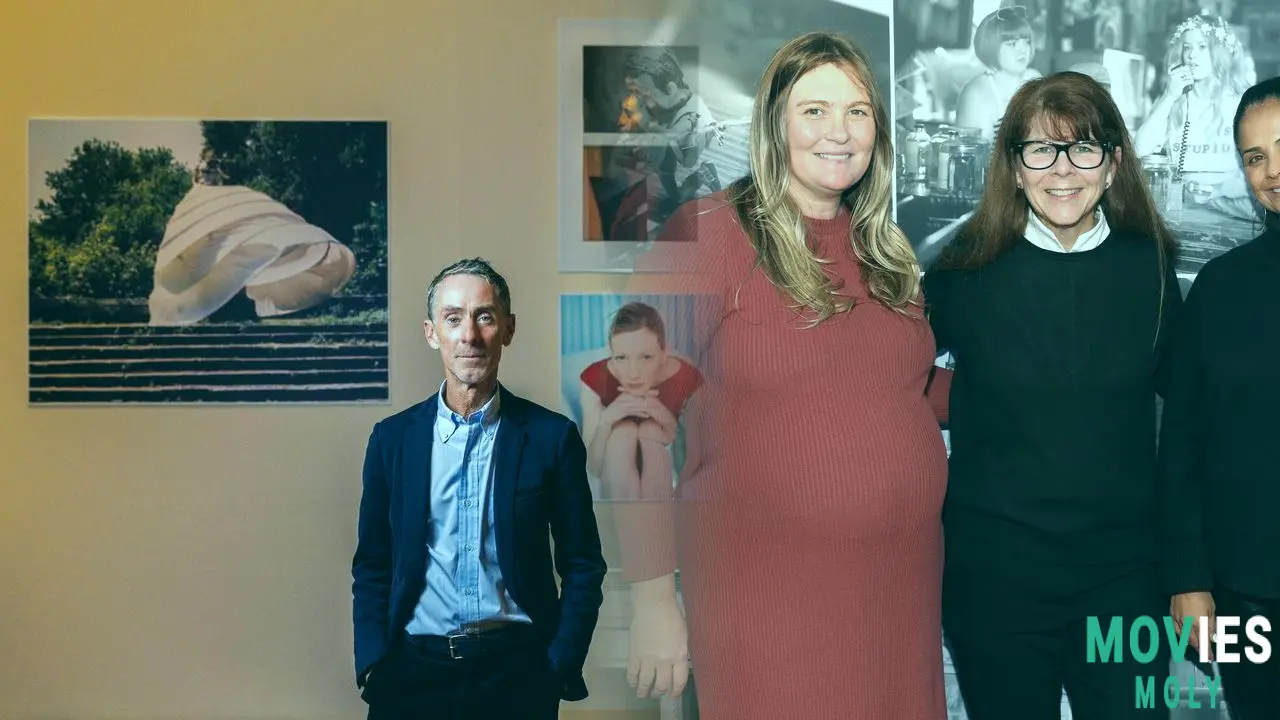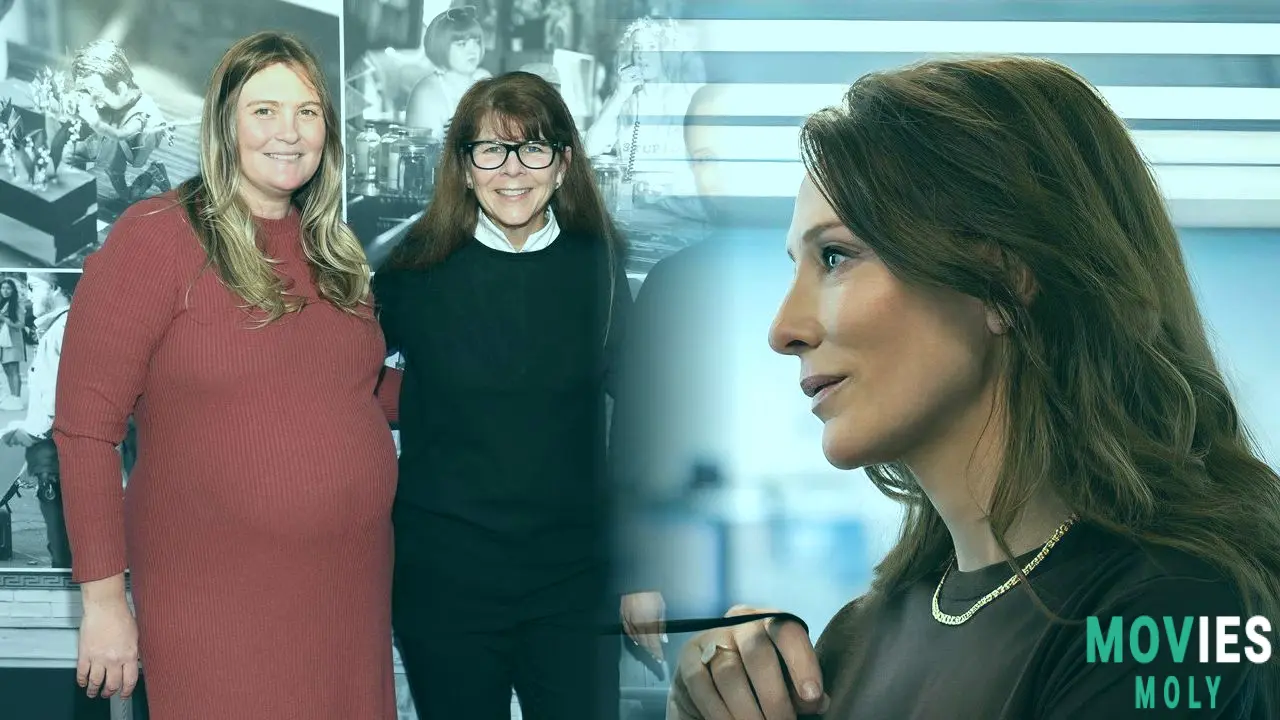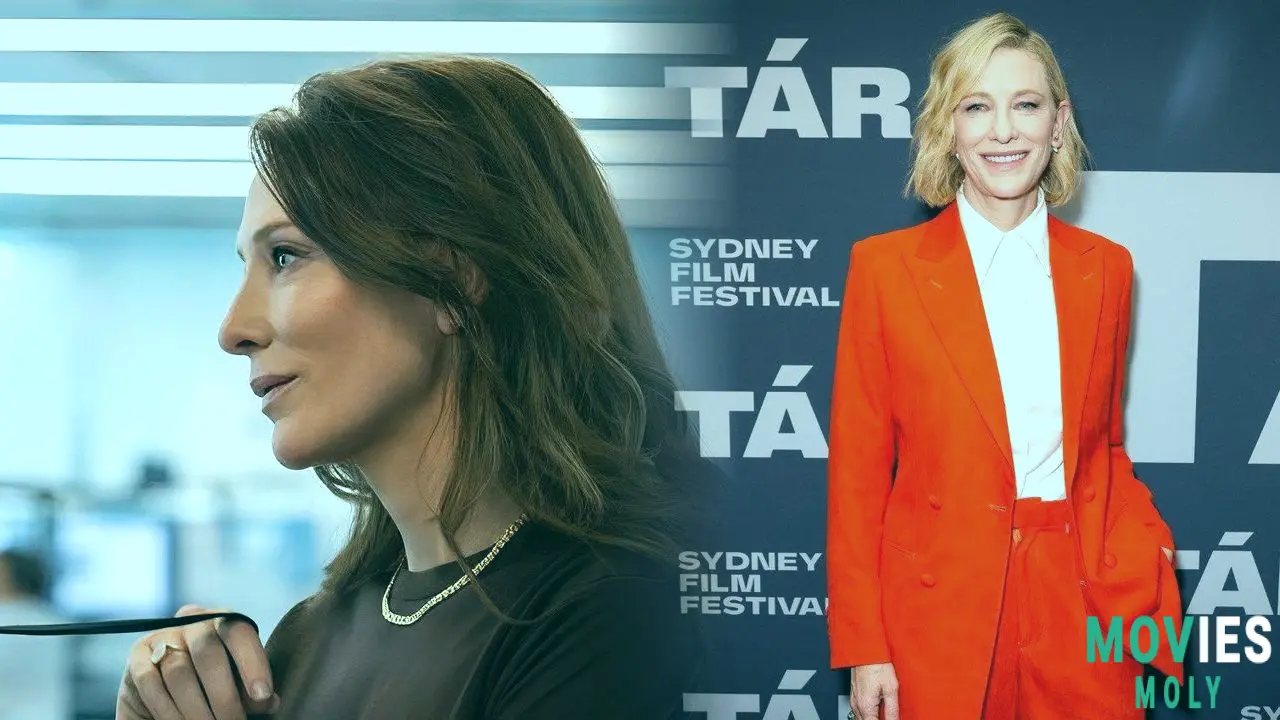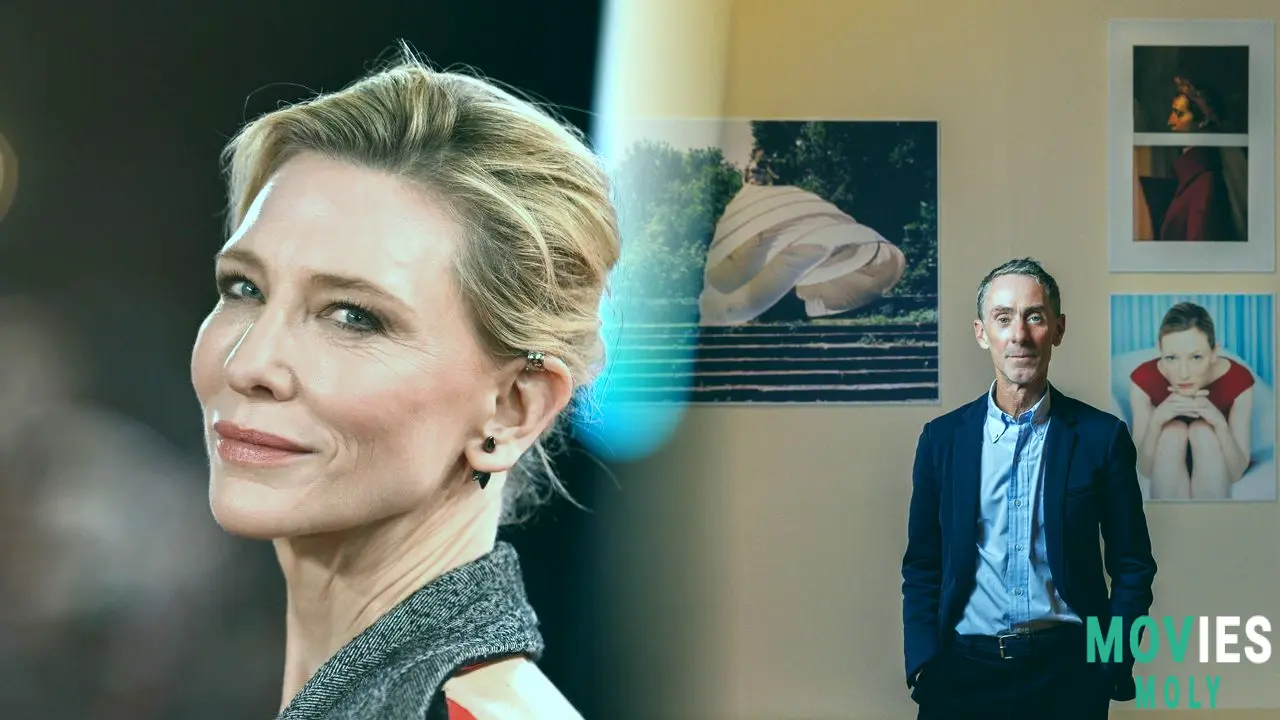Cate Blanchett isn’t just winning Oscars — she’s using her platform to rewrite the very blueprint of the film industry. Whether she’s dismantling genre tropes in a sleek new espionage thriller or championing the next wave of diverse filmmakers through her groundbreaking Proof of Concept initiative, Blanchett continues to operate at the intersection of elite artistry and cultural revolution. And like the best superheroes of Marvel or DC, her power lies not only in her performances, but in her unwavering commitment to impact.
Why Black Bag Is the Spy Thriller That Shows Blanchett at Her Most TacticalAfter a lukewarm box office run but a critical reception that bordered on reverential, Black Bag — now streaming on Peacock — has become the hidden gem of 2024. Directed by the ever-inventive Steven Soderbergh and penned by David Koepp (yes, the same mind behind Jurassic Park and Mission: Impossible), the film places Blanchett front and center in a high-stakes game of espionage, trust, and betrayal.
Blanchett’s Kathryn is not your typical spy femme fatale. She’s sharp, inscrutable, and emotionally complex — a character who games the genre not with makeup and stilettoes, but with pure intelligence and presence. Her on-screen chemistry with Michael Fassbender, who plays George Woodhouse, a counterintelligence agent unraveling a web of treason, turns every scene into a chess match. It's a dynamic that recalls the psychological sharpness of Gone Girl but with the moral ambiguity dialed up to Soderbergh's signature sleekness.
What makes Black Bag particularly resonant — and what separates it from the explosion-heavy noise of most spy films — is its devotion to character motivation. Every twist in the plot isn't just about shock value; it's about peeling back layers of identity, loyalty, and love. The film’s final line sticks like an Easter egg dropped into a Marvel post-credits scene — teasing more beneath the surface and daring audiences to think deeper.
It's the kind of role that makes you wonder when Blanchett will next step into a major franchise. (A Marvel or DC cameo, anyone?) Until then, Black Bag serves as a masterclass in how to subvert genre expectations without losing mass appeal.
Cate Blanchett’s Real-Life Superpower: Elevating Underrepresented Voices Through Proof of Concept

While her on-screen work continues to dazzle, Blanchett’s off-screen endeavors may have an even longer-lasting impact on Hollywood. Earlier this year, she co-launched Proof of Concept, an accelerator program created to empower women, trans, and non-binary filmmakers. The initiative, born from a partnership with producer Coco Francini and USC Annenberg Inclusion Initiative's Dr. Stacy L. Smith, isn’t just about giving money — it’s about giving agency, mentorship, and a runway into an industry that too often sidelines diverse voices.
With Netflix's Creative Equity Fund backing the program, the first cohort of filmmakers debuted their shorts at a Los Angeles showcase. Blanchett, speaking virtually from London, called the event “a celebration of a cornucopia of new, wonderful points of view.” And she wasn’t just praising — she was issuing a call to action. “From here, we know that these helmers can start shaping and remaking the industry,” she said.
The films — ranging from the faith-challenging Faithful Defenders to the gender-bending coming-of-age 11:11 — aren’t just creative; they’re courageous. Selected from over 1,200 applicants by a star-studded panel including Chloé Zhao, Greta Gerwig, and Lilly Wachowski, these directors represent the future of storytelling. And Blanchett’s role in shepherding them there cements her status not just as a participant in Hollywood, but as one of its architects.
Fashion, Film, and Fierceness: How Blanchett’s Timeless Style Mirrors Her Career Trajectory

It’s impossible to talk about Cate Blanchett without acknowledging her seamless blend of elegance and edge — a duality perfectly captured by Australian designer Martin Grant. As Grant’s retrospective at the NGV Australia reveals, Blanchett has long been one of his muse-wardrobe-wonders, donning his sculpturally tailored pieces that walk the line between ready-to-wear and couture-art.
Just like Grant’s clothing, which speaks through intricate details and historical nods, Blanchett’s career is a study in layered expression. From her early days post-Elizabeth, photographed by Polly Borland in Grant’s creations, to her latest roles that flex both commercial and critical muscle, she embodies a style that’s purposeful, powerful, and never superficial.
Her fashion choices, much like her role selections, seem to echo one sentiment: timeless doesn’t mean stuck in the past. It means resonating across eras. And that’s exactly what Blanchett does — on the red carpet, on the screen, and in the hallways of industry power.
Conclusion: Cate Blanchett Is Hollywood’s Quietest Revolution

In an industry obsessed with youthful disruption and fleeting trends, Cate Blanchett stands out by consistently delivering sustained, meaningful evolution. Whether she’s playing a morally complex spy in Black Bag or virtually championing the next generation of filmmakers through Proof of Concept, Blanchett operates with the precision of a seasoned director and the passion of a movement leader.
She’s not just remixing what it means to be a leading lady in 2024 — she’s remixing Hollywood itself. And that, perhaps, is her most heroic role of all.




